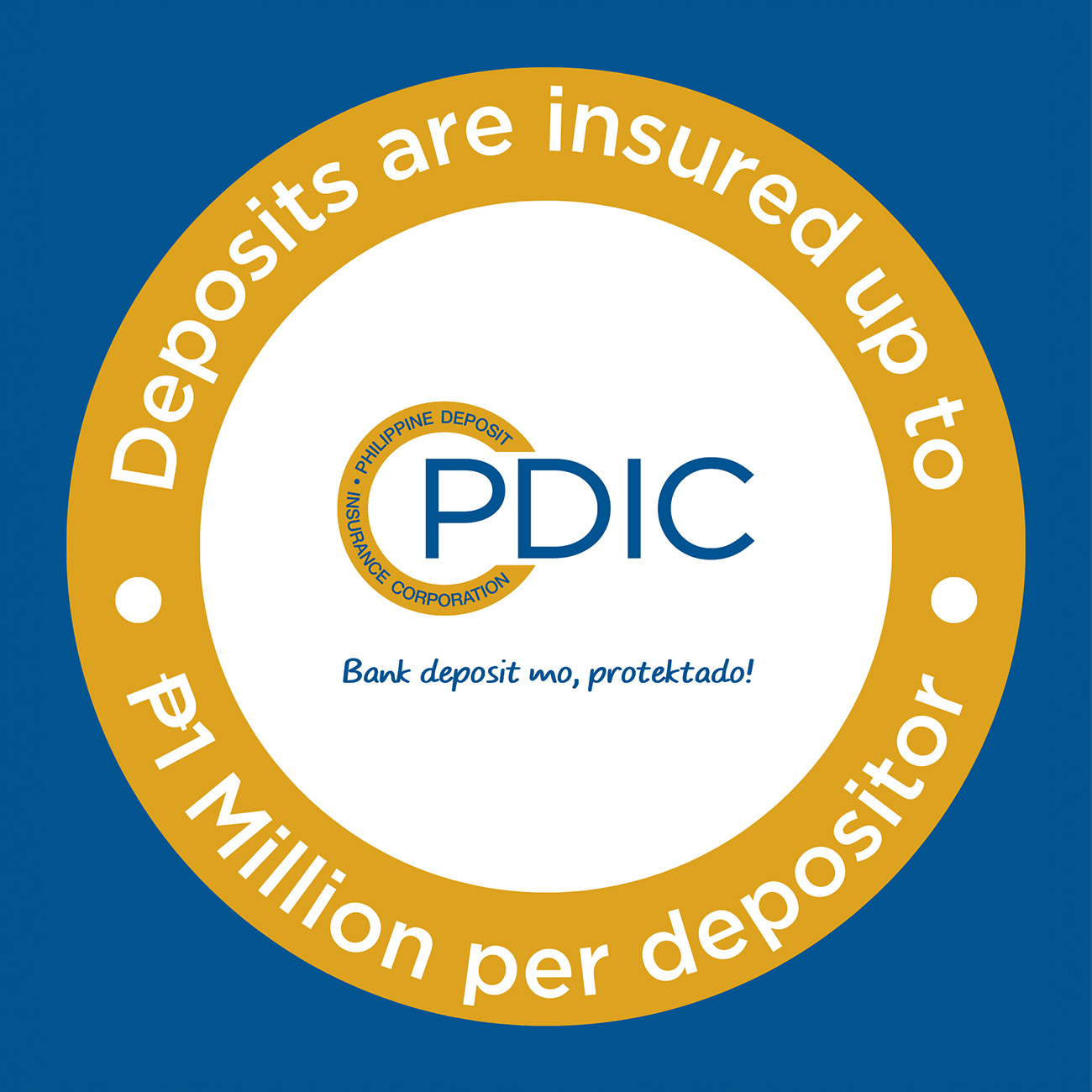Car loan contracts are a great way to achieve the convenience of purchasing a car without paying for the full amount upfront. This type of personal loan includes terms that outline repayment schedules, interest rates, and other conditions. Taking the time to review these details carefully is essential to ensuring you can manage your payments and avoid financial strain. Knowing what to look for in a car loan contract will help you make a sound financial decision, enabling you to enjoy your vehicle stress-free.
Here are the key elements you need to evaluate in a car loan contract.
Interest Rates and APR
One of the most crucial elements to look at in a car loan contract is the interest rate. Fixed or variable rates will directly impact the total cost of the loan.
In the Philippines, most car loans feature fixed interest rates, offering stable monthly payments throughout the loan term. However, it’s important to understand that the Annual Percentage Rate (APR) goes beyond the basic interest rate, encompassing additional fees such as processing charges or service fees.
Comparing the APR between multiple lenders will give you a clearer picture of the total cost of the loan, helping you make an informed choice. For instance, a loan with a slightly lower interest rate but higher hidden fees could end up costing you more in the long run. Always use the APR as your benchmark when comparing offers.
Loan Term Length
The loan term, or repayment period, is another critical factor to consider in getting a car loan. Common car loan terms can range from 12 to 60 months, though some may offer longer terms.
- Shorter terms come with higher monthly payments but result in lower overall interest costs.
- Longer terms offer lower monthly payments, making them more manageable in the short term but often result in higher total interest costs over time.
While it may be tempting to opt for a lower monthly payment, it’s crucial to calculate the long-term cost of the loan. Assess whether a shorter loan term aligns with your budget and financial goals. If you’ve compared ride-hailing costs against car ownership, you may find that a short-term loan may be a more cost-effective option in the long run.
Down Payment Requirements
Most car loans require a down payment of 20% to 30% of the vehicle’s price. A larger down payment reduces the total loan amount, which in turn lowers the interest you’ll pay over time. If you can manage a higher upfront payment, it’s worth considering, as it can also lead to better loan terms and more affordable monthly payments.
Make sure to clarify the down payment requirements with your lender and assess how they fit into your overall budget.
Fees and Additional Costs
Car loan contracts often include additional fees, which can add to the overall cost of borrowing. Some common fees you might encounter include:
- Processing fees
- Late payment fees
- Prepayment penalties (charges for paying off your loan early)
- Chattel mortgage fee (used to secure the lender’s interest in the car)
These fees can vary significantly between lenders, so it’s important to ask for a detailed breakdown. Preparing for these costs can help you avoid unpleasant surprises later.
Loan Payment Flexibility
Some lenders in the Philippines offer adjustable payment schedules or allow borrowers to customize payment dates according to salary schedules, which can be helpful for managing cash flow.
Additionally, ask whether the lender allows early payments on the principal without penalties. This flexibility can save you money on interest in the long term. In case of unexpected financial challenges, it’s also good to know if the lender offers options for restructuring or refinancing your loan. While restructuring may involve additional fees, it can provide breathing room during difficult times.
Insurance Requirements
Car loan contracts will usually require borrowers to have comprehensive car insurance. This type of insurance protects both you and the lender in the event of accidents, theft, or damage.
Clarify with your lender whether insurance costs are included in your monthly payments or if they will be billed separately. Some lenders partner with insurance providers to offer bundled packages. While this can simplify the process, it’s important to compare premiums and coverage to ensure you’re getting the best value.
Total Loan Cost and Monthly Payment Breakdown
Before signing any car loan contract, take a close look at the total loan cost. Don’t just focus on the monthly payments - understand how much of each payment goes toward the principal versus interest and other fees. A clear payment breakdown will give you a full picture of what you’re committing to and help you budget effectively.
Review the Terms
Before finalizing your car loan, carefully evaluate the personal auto loan’s terms, interest rates, and fees to ensure that they align with your finances.
If you’re unfamiliar with loan agreements or unsure about the associated costs, consulting with a professional can provide valuable insights. They can help you navigate the finer details of the contract and ensure you’re making a decision that aligns with your financial situation.

Taking advantage of credit card installment plans

How to Pay Your Credit Card Bills Online








